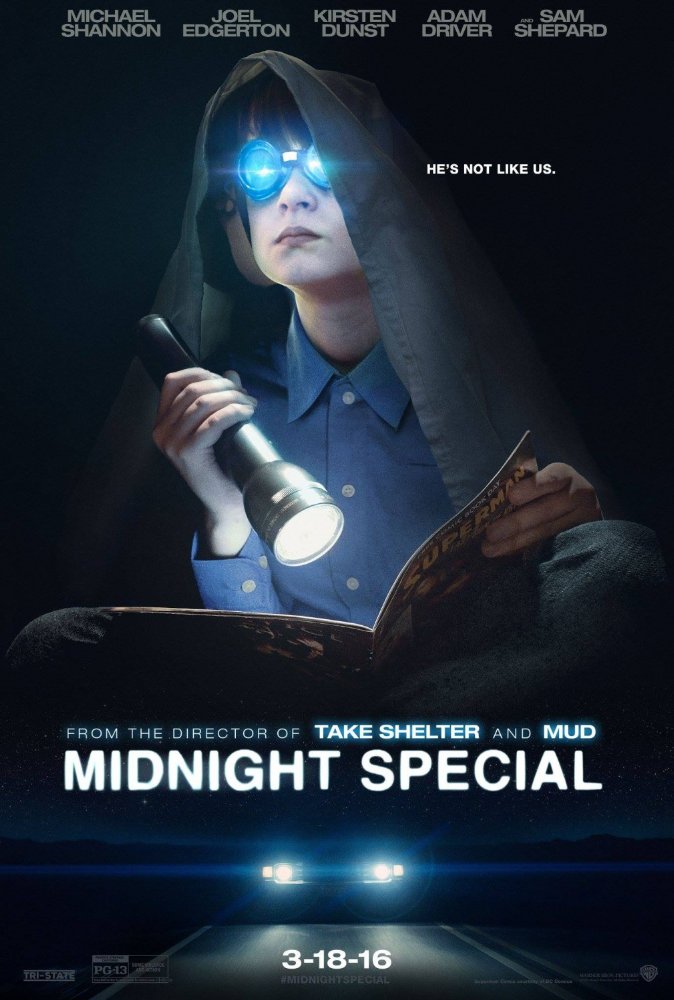Posthumanity for the Rich and the Poor

When we imagine the way technological progress might change the foundation of what it means to be human, and the potential for health, ability and longevity it implies, it can be tempting to talk about it as something that will happen to the entire human race. It is, however, far more likely that most of these new technologies will benefit the privileged more than those who might actually need them. Many new methods for enhancement are very expensive (and will remain so for a long time), of course, and that might limit access to them, but many forms of enhancement are also targeted towards areas that lie far from the needs of people who are still struggling to overcome ordinary human problems such as hunger, poverty or social oppression.
To give just one small example, an article in the Danish newspaper Kristeligt Dagblad this week described how Danish parents are asking their physicians to prescribe growth hormone for their sons because they fear that they will suffer social stigmatization in adulthood if they are not tall enough. The experts interviewed in the article claim that this is far more widespread in wealthier regions of Denmark than in areas with lower average income.
The use of growth hormone as enhancement rather than therapy is not a new phenomenon, but the interesting aspect of the Danish case is that it seems to have become more widespread and less of a taboo. The article suggests that the ideal height for a successful Danish male human has increased, even though the average Dane has never been taller, and that it is somehow connected to class. The doctors usually reject the request of the parents, of course, as it might have many side effects, but this might just lead them to buy a version of the treatment on the internet, which is very expensive, and therefore only available to the wealthy.
If we try to imagine a future unfolding from this tendency, and expect new treatments to emerge that will be more effective, a world where the wealthiest can afford to be taller than the poor is not far off. Unless we expect a fundamental change in the way our market economies work to go along with technological innovation, this is a prediction we can make for the majority of enhancement technologies. How can we even think of human futures in a way that does not imply some sort of new “enhanced aristocracy”?
One trope of the popular imagining of the future that seems capable of escaping the connection between wealth and enhancement is that of the mutant. The idea that posthumans might be born rather than (bio-)engineered is far less plausible, but allows fiction (and genre fiction especially) to imagine changes in the limits of the human in much less privileged social classes. One of the most popular examples of this is the mutant superheroes from Marvel’s X-Men comics and films, whose backgrounds range from holocaust survivors to social outcasts to ethnic and sexual minorities.
While some mutants come from wealth and power, many of them come from the margins of society, and their ascent to posthumanity often does not change their social status, but their mutations give them power and the ability to fight for change. When popular culture imagines the posthuman emerging at the margins of society, it can contain a potential for social upheaval, and can therefore be seen as a threat, not to the biological limits of the human, but to social order and the privileges of those in power. In this narrative framework, the mutant can become a messianic figure with the potential to overthrow power and liberate the oppressed. An interesting recent example of this is Jeff Nichols’ sci-fi thriller Midnight Special (2016), where a father tries to flee the authorities with his son, Alton. Alton has been the focal point for a religious cult because he “speaks in tongues”, but the FBI wants to capture him because some of his “prophecies” turn out to be intercepted classified military radio communication.
As we follow the small group of people trying to save Alton, we learn that he is able to communicate with and control machines, and as the authorities also realize this, they intensify the hunt for him. In this story, technology and communication belongs to those in power, and the emergence of a new type of human who is able to “leak” secret information is a threat to the established order. As is often the case in messiah stories, one of the government agents end up believing in Alton and his connection to what turns out to be a parallel (and perhaps more equal) universe “on top of our own”, and the boy is able to escape with the help of this agent.
So, while enhancement and the expansion of the limits of the human in real life often only serves to intensify inequality and strengthen the status quo, popular culture can help us imagine futures where things could be different. These futures might borrow too much from mythology and Scripture to be in any way plausible, but they serve to show us that the alternative to them is anything but utopian.
Source: www.kristeligt-dagblad.dk/danmark/flere-foraeldre-vil-give-soenner-vaeksthormon
